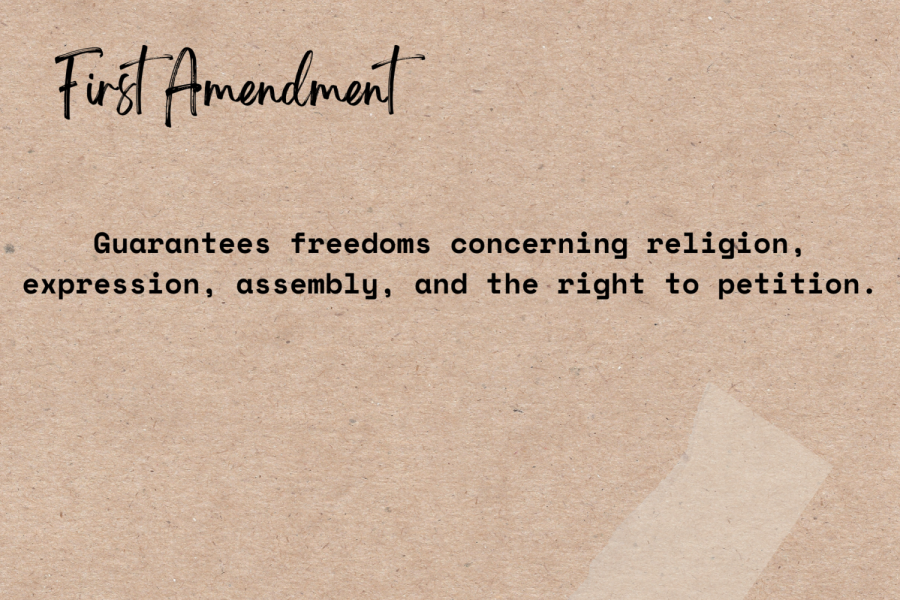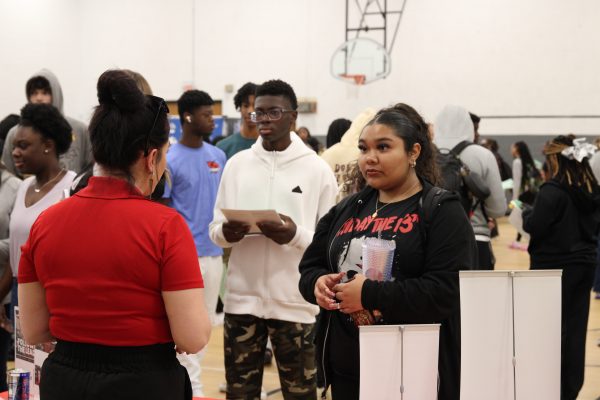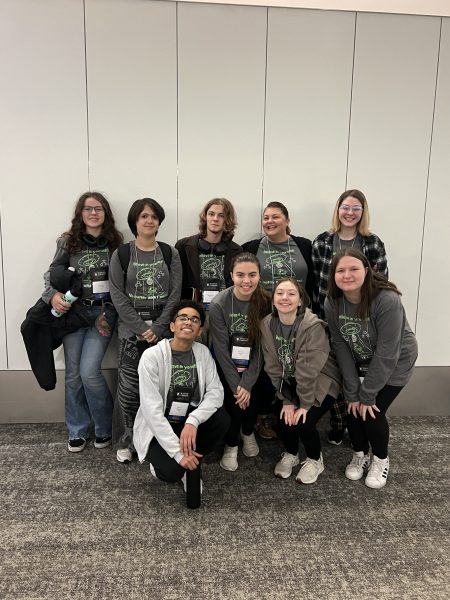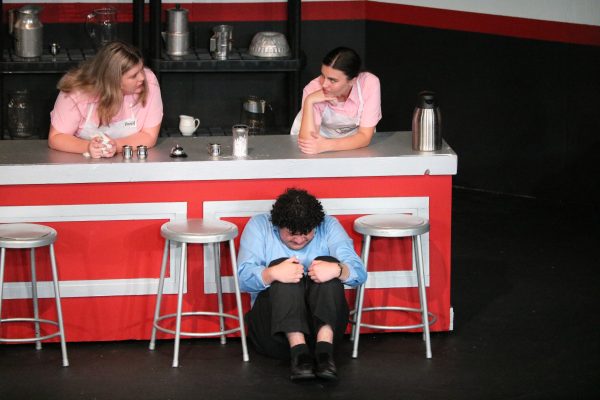What Could Overturning Roe v Wade Mean for Gen Z?
June 20, 2022
In 1970, a single, pregnant woman, Jane Roe, filed a lawsuit against Henry Wade, Dallas County’s then district attorney, in which she challenged a Texas law making abortion illegal with the exception of doctors’ orders to save a woman’s life if her pregnancy could be fatal. Roe argued that the state’s laws were ‘unconstitutionally vague’ and restricted her right to personal privacy which is protected by the First, Fourth, Fifth, Ninth, and Fourteenth Amendments.
In a decision written by Justice Blackmun, the Supreme Court recognized a privacy interest in abortions which applies to the ‘right to privacy’ that was established in 1965 in Griswold v Connecticut.
48 years later on May 2, 2022, a draft of the Supreme Court’s intention to overrule Roe v Wade and Planned Parenthood v Casey was leaked to the public. According to the Washington Post, it is claimed that this is “the first major leak from the Supreme Court ever.” This has created controversy, polarizing America over the issue.
As with other court rulings, it is not uncommon for some aspects of legal and/or political backlash to ensue. Specifically for Roe v Wade, Justice Alito has suggested that overruling Roe v Wade is strictly limited to abortion rights. However, a number of legal scholars and commentators think that the ruling is a disingenuous attempt to limit abortions due to the language of the draft.
English teacher and former lawyer, Ms. Jennifer Raymond recognized some of the potential fallout if Roe v Wade is overturned from a legal aspect.
“Undermining the notion of rights that comes out of the right to privacy in the Constitution could erode or eliminate a lot of other laws or rulings of the court dealing with things like same-sex marriage, contraception, and even interracial marriage,” Ms. Raymond said. “Anything where the court had previously found that there is a privacy right to have your own relationships and do whatever you want in your personal and sexual relationships in the privacy of you own home,” she said.
While this may worry some Americans, others are still in favor of overturning the law.
Junior Talisa Prabhu is in favor of overturning Roe v Wade. She explained that some of the positive aspects of overturning Roe v Wade are “the protection of unborn American citizens’ lives. I think that all human lives are equal, and that doesn’t exempt human lives in the womb.”
Prabhu believes that “the value of a life is worth more than the hardships that come about facing challenges. Life is a precious thing that should be protected.”
If Roe v Wade gets overturned, there is growing concern that women will turn to unsafe or self abortions because of not being able to legally terminate their pregnancy.
Alyssa Moses believes that there will be “tons of unsafe abortions.”
However, Nurse Heidi Lanham believes that a rise in self abortions will be highly unlikely. Instead, finding underground ways to do so unconventionally could become more popular for women who wish to terminate their pregnancy.
Moses argued that overturning Roe v Wade would put “more kids in the foster system which is already overloaded with children that aren’t taken care of properly and/or get put into abusive homes.”
Moses believes that if they’re not put into the foster care system, “children are forced to stay in homes with parents that aren’t financially ready to have a kid or even mentally ready.”
Although Moses is against the overturning of Roe v Wade, she understands the argument that abortions should not be used as birth control, which has been one of the main concerns of people in favor of overturning the law.
Prabhu also understands cases where there is a special circumstance, “especially one where the life of the mother may be in danger, however, this special circumstance can’t be the reason that justifies abortions done for convenience.”
The legacy of the Roe v Wade case seems less likely to be guaranteed, as many states, including Missouri, have trigger laws restricting abortions if the case is overturned. The Supreme Court is expected to make its final decision in mid-to-late June.












